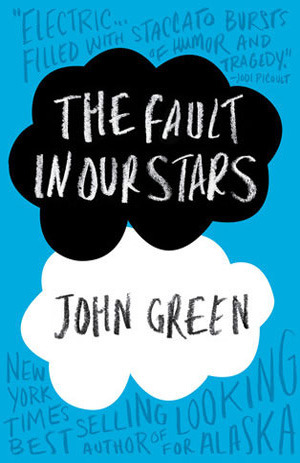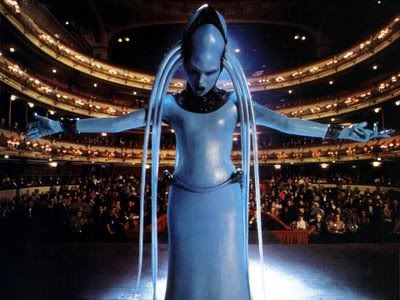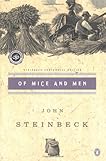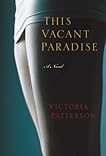 I received a copy of this book from the author for review.
I received a copy of this book from the author for review. I haven't been accepting many books for review lately, because I dislike the feeling of obligation that accepting a book for review brings with it, especially the past chunk of time, with my reading so erratic and all.
But Therese emailed me, and I checked out the book and it intrigued me. The cover drew me in, and the description left me wondering, and both are good things. So I accepted a review copy, but then all that erratic reading happened again, and I sat on this one for over a month.
I picked it up last night, and I'll admit that right off the bat, I was a little apprehensive. This is written in 1st person present tense, which is honestly my least favorite narrative style. I thought right away that I was going to be constantly distracted by the narrative. I will admit that there were a few times that repetitive wording or phrasing jumped out at me ("If there's a choice, I don't see it" and "If I have a choice, I don't see it" both showed up within 9 pages of each other, for example), but once I got into the story, I was engrossed, and read the majority of the book in one sitting this afternoon. Which is pretty impressive, since, as I've mentioned, I have Erratic Reading Syndrome (ERS).
I am pleasantly surprised by how much I actually did enjoy this story, considering my first impressions last night. I thought that the characters were all well done, and understandable, if a bit frustrating. I truly felt as though I was trying to figure things out with Eliza as she went along - not just about the mystery, but also who Eliza is, or wants to be.
I got the feeling that Eliza had done a lot of growing up in a short time, even before the start of the book, and didn't yet realize it. Her interactions with Fiona just held that awkwardness of friends who are drifting apart but are unsure why or how. This is one of the things that I liked best about the book. We're not in Eliza's head a lot - just when she's actively questioning or piecing things together - but it never feels like there's any narrative missing. She is understandable and relatable, even if I don't always necessarily agree with her reactions, so it's easy to keep up with her moods and changes.
The story itself is interesting, and kept me reading through to the end to find out the answers to the questions, but also to find out what the repercussions of the answers would be.
I felt for Annie, after learning what she had gone through, and though the subject matter was grim, the writing was never manipulative or overly sentimental. I liked that quite a bit. Let the story speak for itself. If you've written a good one, it will. This one did.
Overall, I really enjoyed it, and I would recommend it to someone looking for a good way to spend a rainy afternoon.
View all my reviews


























